
for the Sahrawi Refugee Population
Fifty years since the establishment of the Sahrawi Refugee Camps, CISP is reinforcing its over four decades of commitment to this population, in part through the support of AICS. This integrated and multidisciplinary intervention, built upon the proposing NGOs' decades of expertise, is designed to improve the living conditions and enhance the resilience of refugees in the Sahrawi Camps.
CISP's actions aim to empower young Sahrawis, providing them with tools to better navigate their lives amid the pervasive uncertainty and frustration caused by the international political-diplomatic deadlock over the Western Sahara issue. The intervention is structured around four key sectors: education, health, food security, and environment.
In education, the goal is to guarantee quality, inclusive schooling, particularly for children and adolescents at risk of dropping out. This involves expanding access by constructing new schools, strengthening teacher skills, and implementing essential programs like school feeding and the provision of hygiene kits. The project places significant emphasis on child protection and the inclusion of people with disabilities.
Regarding health, the project seeks to bolster primary healthcare services by renovating medical dispensaries and procuring emergency response vehicles, including a new ambulance.
In a situation of protracted crisis where the refugee population balances ongoing emergency needs with the demand for social progress, the project partners with Movimento Africa '70 and Nexus ER on two complementary fronts: food security and development. Actions include supporting local production, especially semi-nomadic livestock farming, through veterinary and logistical assistance. Furthermore, the project generates sustainable employment opportunities, such as the recovery and valorization of animal hides, which aligns with existing environmental initiatives.
The project is fully coherent with the priorities established by organizations like WFP, UNICEF, and UNHCR, and aligns with the Sustainable Development Goals of the 2030 Agenda, particularly those focused on eliminating hunger and ensuring quality education.
Project Code: AID 013041/01/2


General Objective
To help mitigate the impact of emergencies on the lives of Sahrawi refugees by building their capacity for recovery through inclusive education, improved health, and better food and job security.
Specific Objectives
Project activities are divided into three main areas: education, health, and food security/environment.
The project focuses on improving educational access and quality, particularly for refugee children and adolescents outside the school system.
The objective is to strengthen essential health services in target areas.
These activities aim to bolster local food production and create new income opportunities.
The project will deliver measurable and tangible outcomes in terms of infrastructure, trained personnel, and operational services.